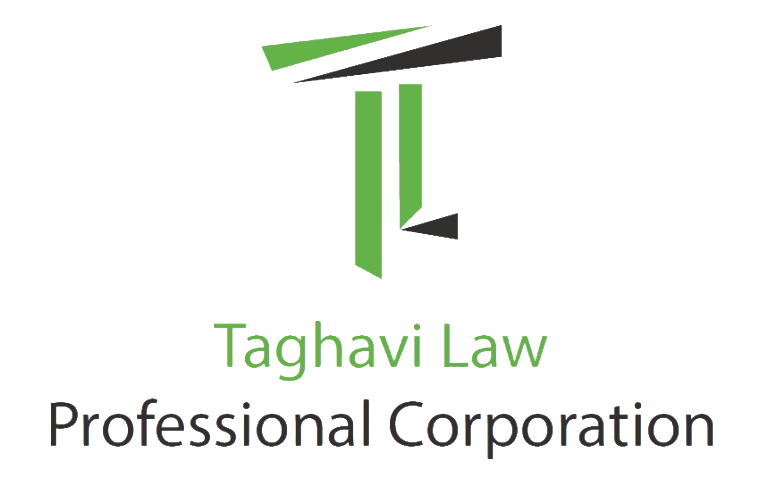What is litigation process in Canada?
The formal litigation process is inherently adversarial. After pleadings are exchanged, the parties engage in discovery, where each party must disclose to the opposing party all documents it has in its possession, power or control that are relevant to any issue in the action. The formal litigation process is inherently adversarial. After pleadings are exchanged, the parties engage in discovery, where each party must disclose to the opposing party all documents it has in its possession, power or control that are relevant to any issue in the action. Each party then prepares its case and presents it to a judge who will render a decision on the merits.
The decisions of trial level courts in Canada can be subject to appeal by a provincial court of appeal, such as the Ontario Court of Appeal, or a federal appeal court such as the Federal Court of Appeal. The final adjudicator of all disputes is the Supreme Court of Canada, which serves as a general appeal court to hear disputes relating to all areas of law.
Arbitration
Arbitration is similar to the formal litigation process in that it is often adversarial. However, arbitration is a private process in which the litigants can agree its form and structure. Arbitrations are often governed by negotiated arbitration agreements which cover, among other things, the timing for service, discovery rights and scope of the arbitrator’s authority.
Unlike litigation, appeals from arbitral awards are rare, unless the arbitration agreement expressly provides for appeal rights. The Supreme Court of Canada has shown great deference to arbitral awards. Generally, courts will only intervene where there are concerns relating to public policy, procedural fairness or lack of jurisdiction.
Mediation
Mediation is an informal process for parties to settle their commercial disputes out of court. The parties present their positions to a neutral third party (the mediator), who will help bridge the gap between the parties’ positions and achieve a settlement. While the mediator may provide their analysis of the case and opinion as to a party’s likelihood of success in litigation, the mediator cannot impose a settlement on either party.
In some provinces in Canada, there is mandatory mediation for certain types of commercial disputes. In effect, the provincial rules of civil procedure require the parties to engage in some form of mediation at an early stage of litigation .
Recent Trends
Technology and E-Discovery. Given the increasingly complex nature of large commercial disputes, e-discovery technology has become increasingly important in Canada. Parties often rely on advanced technology to filter through millions of documents and identify, by computer algorithm, specific documents relevant to a proceeding that must be disclosed in discovery . These technologies are consistently advancing, and reduce the time and cost associated with document production.
Online Dispute Resolution. Prior to 2020, the use of online platforms to resolve legal disputes was not widespread in Canada. In 2017, British Columbia implemented the Civil Resolution Tribunal, which was Canada’s first online dispute resolution tribunal. Among other things, the tribunal has jurisdiction to resolve civil disputes under CAD5,000 and motor vehicle injury disputes up to CAD50,000. The Tribunal also offers services ranging from the provision of free legal information to online dispute resolution tools, such as negotiation and adjudication.
Due to the 2019 novel coronavirus disease (COVID-19) pandemic, Canadian courts and tribunals in each province and territory have rapidly adopted online platforms and nearly every stage of the dispute resolution process is now taking place virtually. Many provinces have indicated that these changes will continue after the COVID-19 pandemic is resolved. For example:
-
The Court of Appeal of Québec has established the Digital Office of the Court of Appeal, where parties can electronically file notices of appeal and related documents.
-
The Ontario Superior Court of Justice has adopted the use of CaseLines, a cloud-based platform that allows parties to upload copies of court documents filed with the court for review by all participants before and during a hearing.
Third Party Litigation Funding. The use of third party litigation funding is increasing in Canada, particularly by representative plaintiffs (claimants) in class action proceedings .
Reduction in Length and Cost of Civil Litigation. Several provinces have enacted rules to progress disputes in the most cost-effective and expedient manner. For example, some provinces have introduced procedures requiring actions to be set down for trial within a certain time period, and simplified rules for claims below certain thresholds. In Ontario, an action must be set down for trial within five years of commencing a claim, otherwise it will be automatically dismissed without notice.
Several provinces, including Alberta and Ontario, have introduced mandatory mediation as part of the litigation process, to encourage early settlement before significant costs are incurred. In British Columbia, the provincial court has delegated authority for all disputes up to CAD5,000 in issue or otherwise relating to condominiums under its Strata Property Act to the Civil Resolution Tribunal (CRT). The CRT aims to resolve these disputes as timely and efficiently as possible, by encouraging a collaborative approach.
Our recommendation is that …
when ever you need any consultant , you just need to call us . you can Contact Us always with the number : +1(647) 464-0332
Our services in Thornhill, Markham, Vaughan, North York, Scarborough neighborhoods of Ontario functions are available to you dear ones. You can contact us at any time and receive the necessary counseling and advocacy services.


